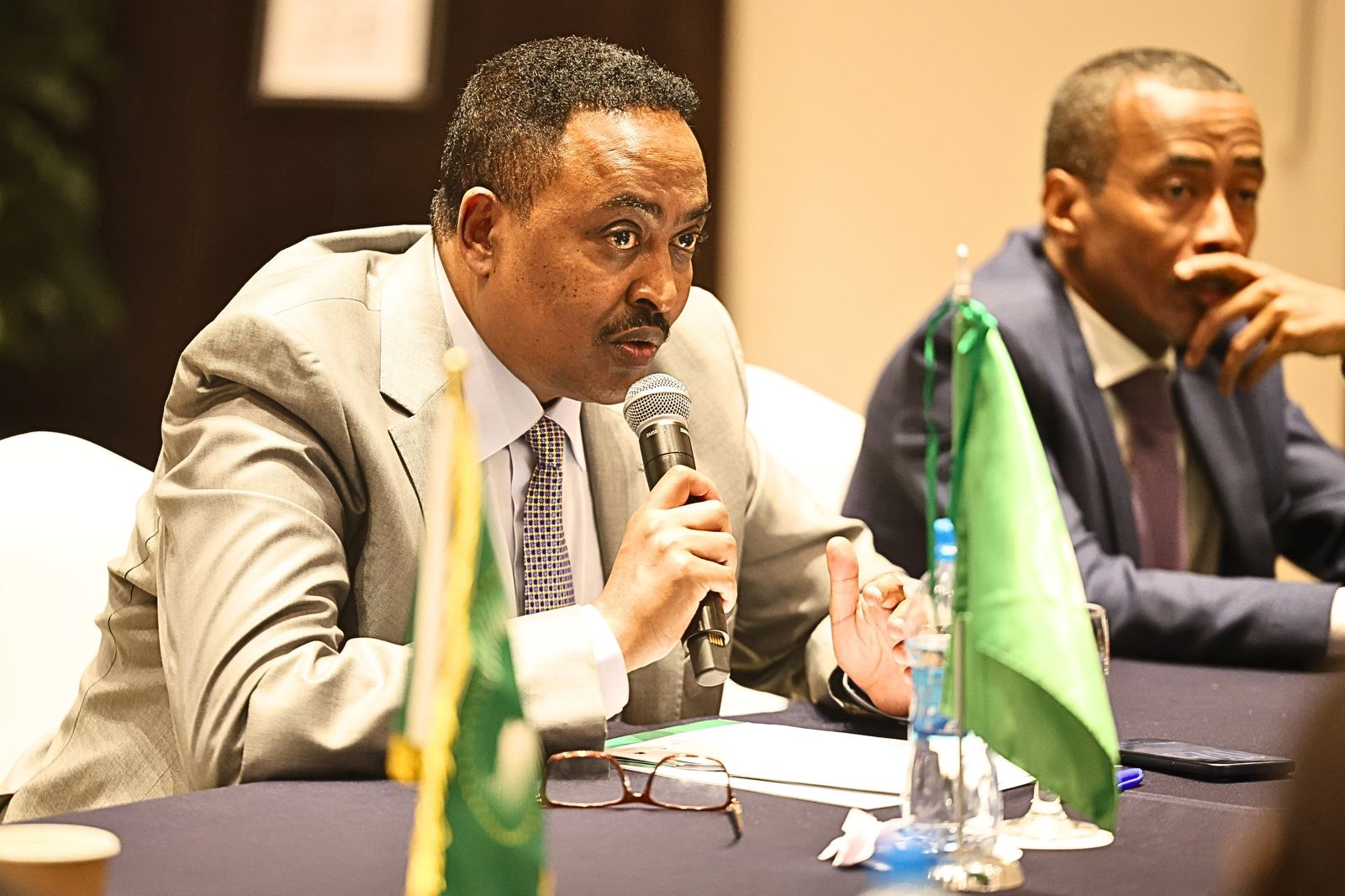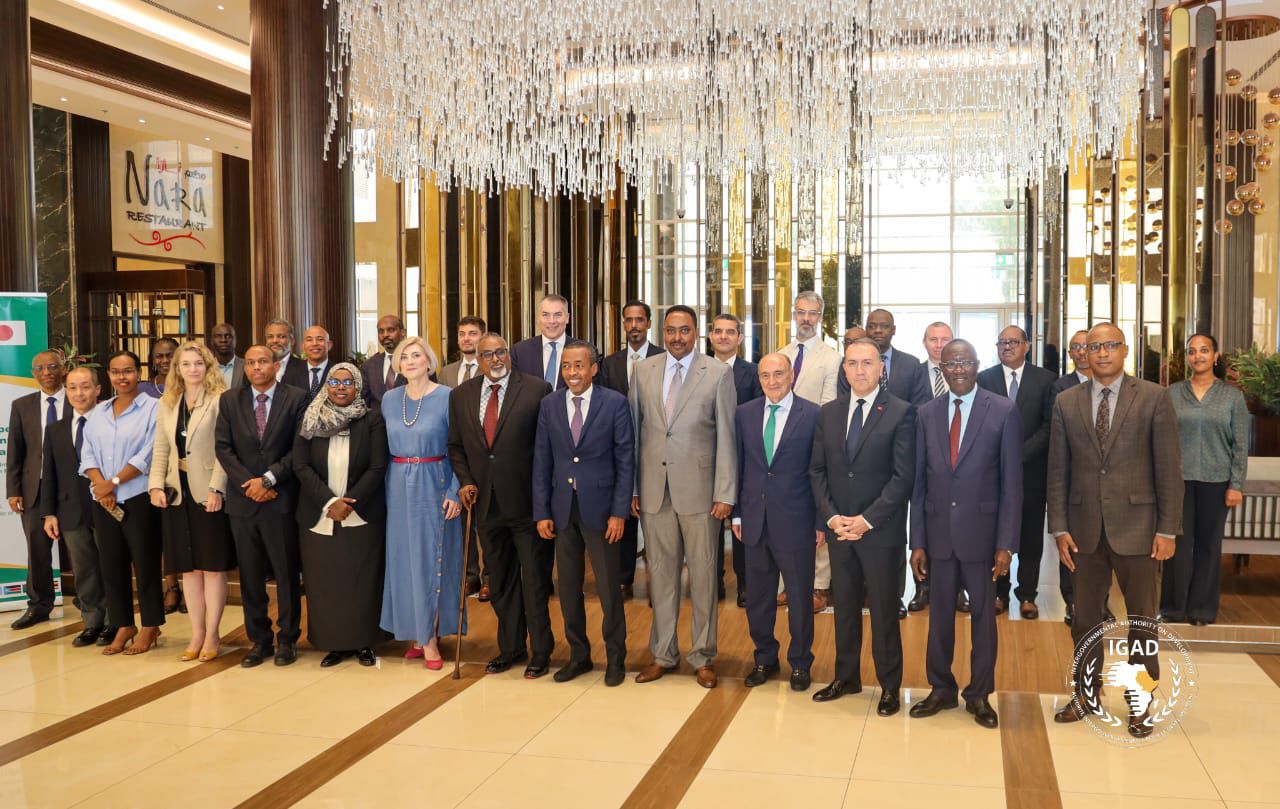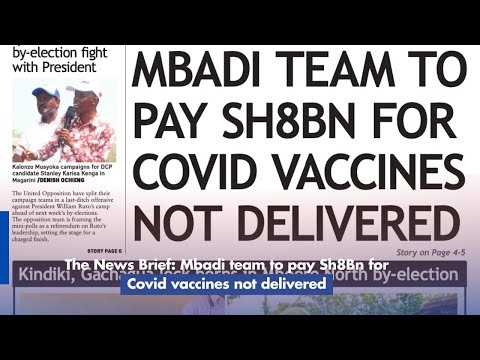

The Intergovernmental Authority on Development (IGAD) has
issued a stark warning that Sudan is on the brink of collapse unless regional
and international actors urgently harmonize their mediation efforts and
escalate pressure for a ceasefire.
The message emerged from the 2nd Forum of Special Envoys and
Representatives on the Sudan Peace Process held on November 18, in Djibouti.
IGAD Executive Secretary Workneh Gebeyehu opened the forum
with a blunt assessment of the worsening conflict.
He said the fall of al-Fasher in Darfur had “brutally
reminded” the world of the magnitude of Sudan’s tragedy and the limits of the
collective response.
“What unfolded in Darfur was neither unexpected nor
inevitable,” he said, warning that despite early alerts, “we were unable to prevent
it.”
Workneh described the war—now in its third year—as one
shredding Sudan’s social fabric, destroying institutions and forcing millions
into destitution.
He said the country’s fate was being shaped not only by
Sudanese actors but by “a constellation of external forces… fueling the war in
ways that Sudanese civilians are forced to pay for with their lives.”
He added: “There is still no credible peace effort underway…
not one commensurate with the scale of the crisis.”
The Executive Secretary criticized the lack of sufficient
coordination among global and regional bodies, admitting that previous
commitments and statements had fallen short.
“Left to its own momentum, Sudan is on a trajectory toward
de facto disintegration,” he warned.

Despite the grim picture, Workneh highlighted emerging
consensus among Sudanese civic and political actors, regional institutions and
international partners around key principles: that there is no military
solution, that Sudan’s unity is non-negotiable, and that an inclusive political
process is essential.
He welcomed the renewed direction provided by the Quad
Statement of September and said IGAD supports efforts to secure a humanitarian
truce.
He further announced preparations, in partnership with the
African Union, to convene a major consultation in Luanda aimed at harmonizing
regional and international positions and triggering a Sudanese-owned political
process.
In his closing remarks to partners later in the day, Workneh
praised the spirit of cooperation and the “seriousness, empathy, and clarity”
shown during discussions.
“There is a renewed commitment—from all of us—to work more
closely, to coordinate more effectively, and to redouble our collective
efforts,” he said.
He said a shared understanding had emerged around three
essential tracks: humanitarian access and protection, cessation of hostilities
and an inclusive political process owned by Sudanese stakeholders.
IGAD, he stressed, stands ready to work “politically,
diplomatically, operationally, and morally” alongside the AU, UN, EU, League of
Arab States, the Quad and others.
“The magnitude of the Sudanese crisis demands that we remain
fully seized, fully committed, and fully coordinated,” Workneh said.
He urged partners to transform political will into “concrete
steps—together, and without delay.”



















